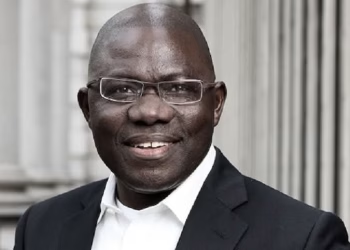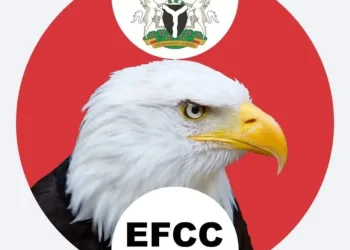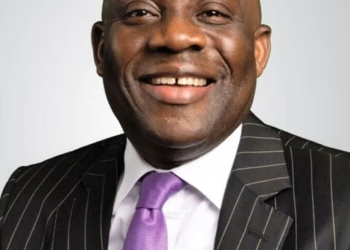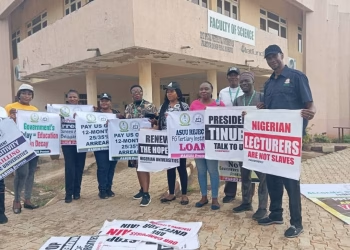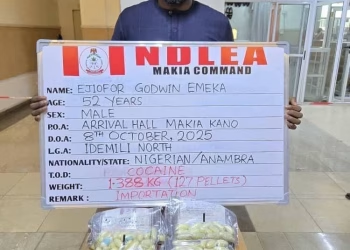The Executive Chairman of the Economic and Financial Crimes Commission, EFCC, Mr. Ola Olukoyede has applauded President Bola Ahmed Tinubu on his initiative regarding the Nigerian Education Loan Fund, NELFUND, describing it as a policy issue to tackle corruption.
He gave the commendation in Abuja on Tuesday, August 13, 2024 while receiving the Managing Director and Chief Executive Officer, NELFUND, Mr. Akintunde Sawyerr who came with his management team to the corporate headquarters of the EFCC on a courtesy visit.
Olukoyede pointed out that inability of many parents to fund the education of their children had always been a predisposing factor of corruption, making students vulnerable to all forms of economic and financial crimes. This inducement to corruption, he said, would no longer stand with the NELFUND’s intervention through the President.
“One of the main incentives to cybercrimes is the inability of parents to fund the education of their children. NELFUND is a policy issue against crimes. President Tinubu should be commended for initiating the Fund”, he said.
The EFCC’s boss called on the management team of NELFUND to be sensitive to the trust reposed in them warning that the EFCC would leave no stone unturned to achieve transparent handling of the fund. “ Let your hands be clean. I repeat, let your hands be clean. The work entrusted to you is going to help the EFCC fight corruption. Let your systems and processes be transparent”, he said.
Olukoyede further explained his desire for accountable handling of NELFUND was informed by passion for transparency and not any threat of any kind. He vowed that the EFCC would do everything to prevent the re-looting of the fund. “ I will fight to ensure that money pooled together to support NELFUND is not re-looted. We want your management to be giving reports of your disbursement to the EFCC”.
Continuing, he advised Sawyerr: Don’t sign what is not clear to you. Don’t give in to any pressure. Let your staff know that there is no money to share”. He called on Nigerians to rally round the management of NELFUND to ensure that the scheme succeeds. “Nigerians should come together to ensure that the program succeeds. It is our duty to help the President succeed”, he said.
In his remark, Sawyerr explained that NELFUND was a laudable programme designed to provide funding for education of indigent students. He decried the neglect of youths over the years which made them to be backward in their education pursuit. “The youths constitute the most populous, restive but neglected segment of our population. President Tinubu identified this as a major problem and put in place a major solution to address the issue” , he said.
He appreciated the EFCC for the N50billion injected into NELFUND from the proceeds of crime recovered by the Commission. “ We are aware of the funds from the proceeds of crime extended to NELFUND. We are here to express our gratitude for the gesture. We also want the EFCC to exercise oversight on what we are doing”, he said.
Meanwhile, t

he Economic and Financial Crimes Commission, EFCC, wishes to clarify the reports in a section of the media today, August 14, 2024, purporting that the Commission donated N50billion to the Nigerian Education Loan Fund, NELFUND from its recovery account.
The said fund was not a donation by the Commission but part of the recovered proceeds of crime remitted to the government. President Bola Ahmed Tinubu in furtherance of his social intervention policy for the most vulnerable segments of the population, decided in his wisdom, to plough the money into funding the critically acclaimed students loan scheme.
It is not the place of the Commission to determine where the government commits recovered proceeds of crime. But the student’s loan scheme is a salutary innovation which has the potential to reduce youth involvement in criminality.
As the Commission’s Chairman, Ola Olukoyode disclosed during a courtesy visit to the Commission by the NELFUND’s Managing Director and Chief Executive Officer, Mr. Akintunde Sawyerr on August, 13, 2024, the EFCC will monitor the use of the funds to ensure accountability and the realization of the objectives of the Scheme.



